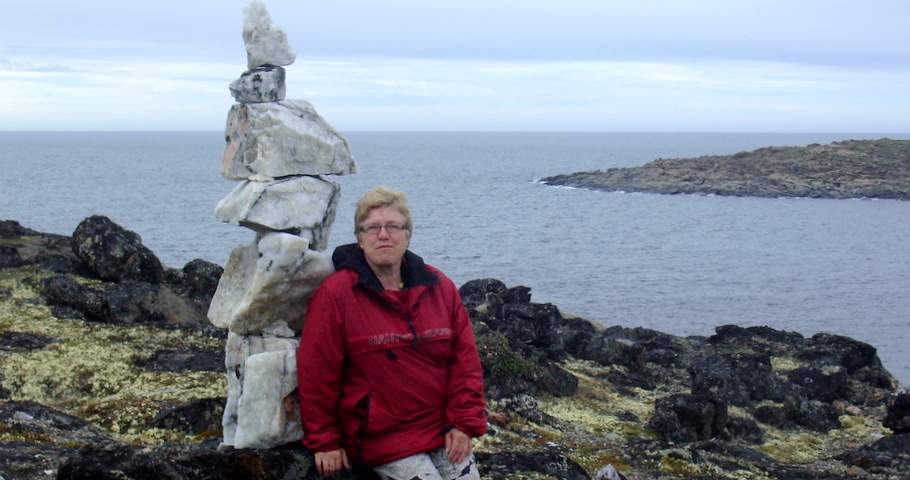The forms of power influence service responses to social problems
The concept of "social suffering" explains the suffering of individuals in the context of collective suffering, which is structured by the political, economic and institutional power relations in a society. Our understanding of human suffering transcends the concept of “health” as we commonly understand it in our non-indigenous societies. Social suffering is the result of what the political, economic and institutional power does to the vulnerable, and conversely, how these forms of power themselves, influence service responses to social problems.The symptoms of social suffering are not individual. The “dysfunctional” cases are a collective consequence of social structures created by human agency and which can only be remedied by human agency.
In search of a collective well-being to survive
The complexity of the history of the indigenous people, differentiated from each other by their origin, their culture, but above by all their struggles in search of a collective well-being to survive, remains the distinctive feature they share. Linguistic, religious, their music and typical dances, inherited from specific ancestral backgrounds, each of these people has been badly distressed by colonization. The results have crystallized around their identity.The major problem of the Inuit is perhaps still to serve today as a “land of resources” to ensure the entire population in the south a more comfortable and easy living than their own.
At a time when we are in a severe fiscal imbalance, it is clear that the old reflexes of colonizers are always at work to promote the supply and consumption of resources accessible from the north, often to the detriment of its northern populations.
The manifestations of social inequalities are kept silent
To many experts, the manifestations of social inequalities are as dramatic as they are kept silent. These are composed of an often forgotten facet of the problem. This population, their lack of resources (adequate housing, roads, lack of judges, financial resources) remains at the mercy of external factors disrupting a precarious balance and becoming deeply rooted in conditions of existing underdevelopment.Inuit family harmony has been disrupted by the pressure of the outside world
Their conversion to Christianity in the early 20th century, the transition from a nomadic lifestyle to the life of the settled communities in the 1950s and adaptation to modern technology have impacted their lifestyle. The pressure from outside through the Internet and social medias have disrupted Inuit family harmony and created a cleavage. Inuit youth now see themselves as belonging to a global culture as they participate in the Internet, listen to popular TV shows, rap music, wear trendy clothing while the elders are often helpless to reconnect with them and transmit their traditional knowledge, skills and values. Elders are suffering a cultural loss.A set of factors and conditions to stop the challenges will be optimized by their activities
There is no miracle recipe, but rather a set of factors and conditions set to stop the challenges facing the Inuit people and optimize by many information activities and awareness among the public, new projects that will serve to springboard Inuit to contain and prevent violence and abuse against women and children.Although advances have been made, in education and health care, cooperation to prevent the perpetuation of the same vicious circle must continue.
In Canada, w can do something about it without fear of reprisal. Signing a petition is a first step.








No comments:
Post a Comment